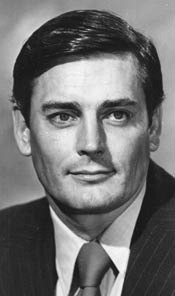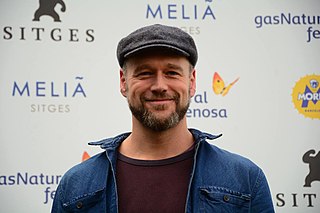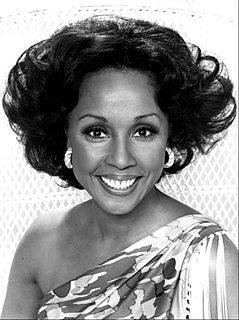A Quote by Laura van den Berg
I've had a somewhat typical experience in that many of the contemporary writers I was exposed to early on were white and often male.
Related Quotes
Each of us, helplessly and forever, contains the other - male in female, female in male, white in black, and black in white. We are part of each other. Many of my countrymen appear to find this fact exceedingly inconvenient and even unfair, and so, very often, do I. But none of us can do anything about it.
We all have to acknowledge the life and the path we were born into. And the things that define us, they're often somewhat narrow: our class, our race, our gender, where we grew up, what geography we were exposed to. The curiosity and wonderment of, "What it's like on your path?" - that's when you go into high alert.
In the early period of Left struggles, in the late nineteenth and early twentieth century, there were many different trajectories for the struggle, whether you call it 'syndicalism' or 'anarchism' or, at the time, 'social democracy', eventually 'Communism', these were different theories of struggle. But all of them shared a basic understanding that the people...experience exploitation, they experience oppression, but they're not prepared to rise up.
Maybe just as many women writers as male writers could be billed as the next great American writer by their publisher. Maybe book criticism sections could review an equal amount of female and male writers. Maybe Oprah could start putting some books by women authors in her book club, since most of her audience is women.
In the beginning, I found myself dealing with a show business dictated by male white supremacists and chauvinists. As a black female, I had to learn how to tap dance around the situation. I had to ... find a way to present my point of view without being pushy or aggressive. In the old days, the only women I saw in this business were in makeup, hairdressing, and wardrobe departments. Now I'm surrounded by women executives, writers, directors, producers, and even women stagehands.





































